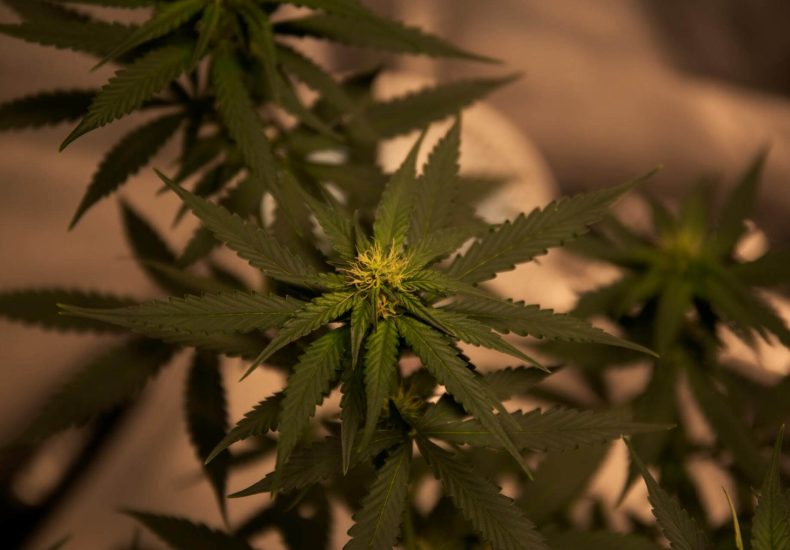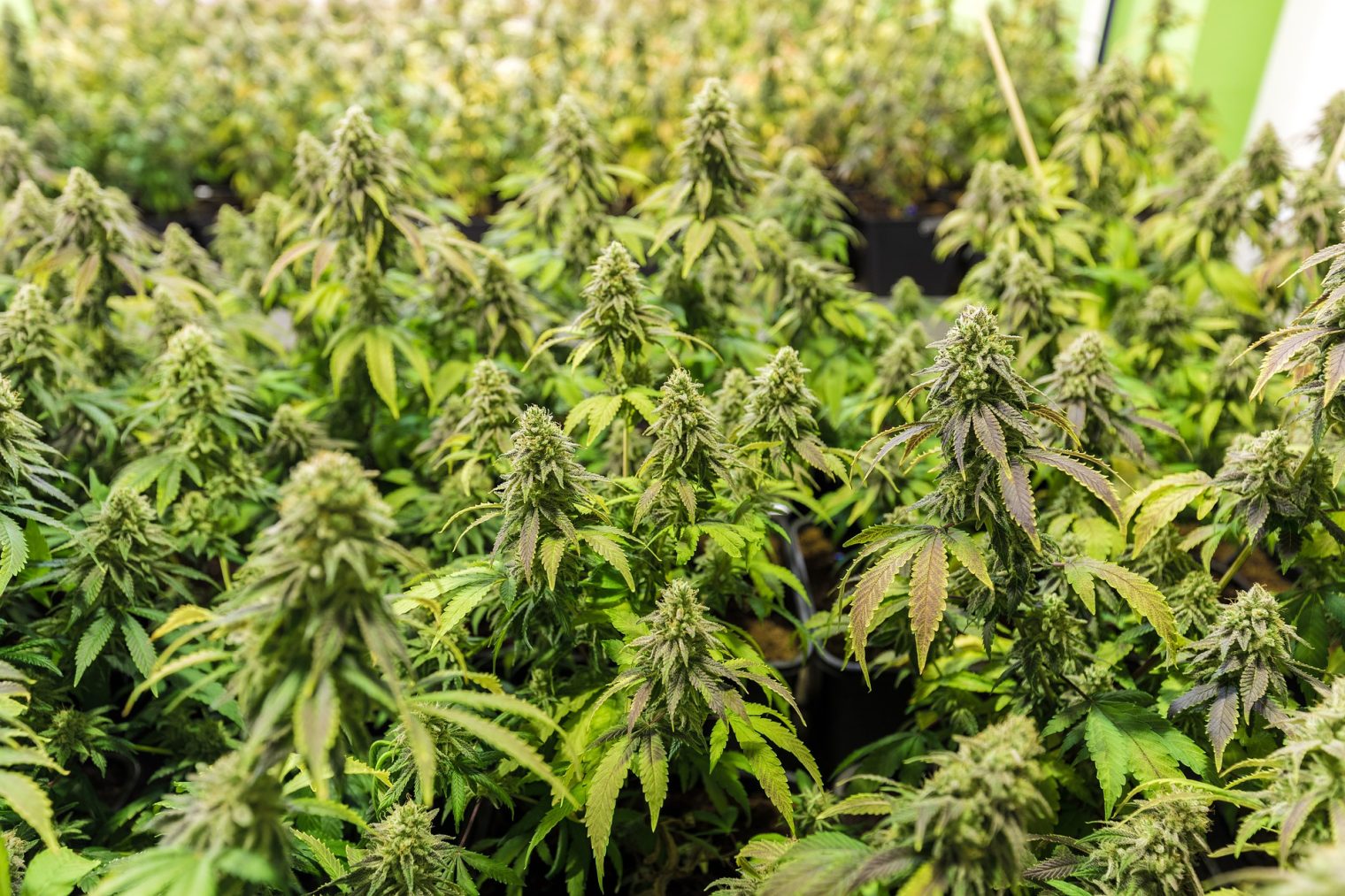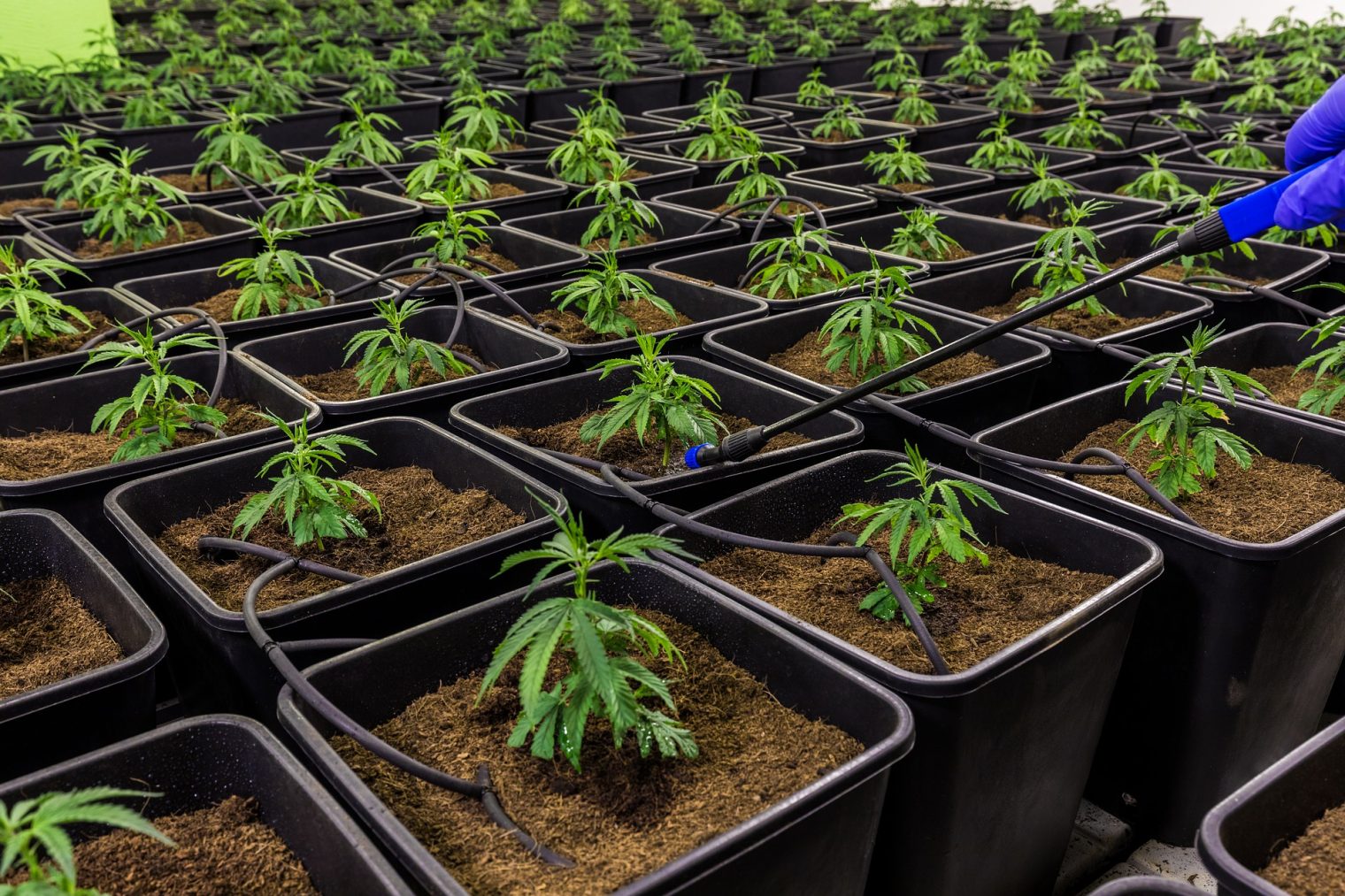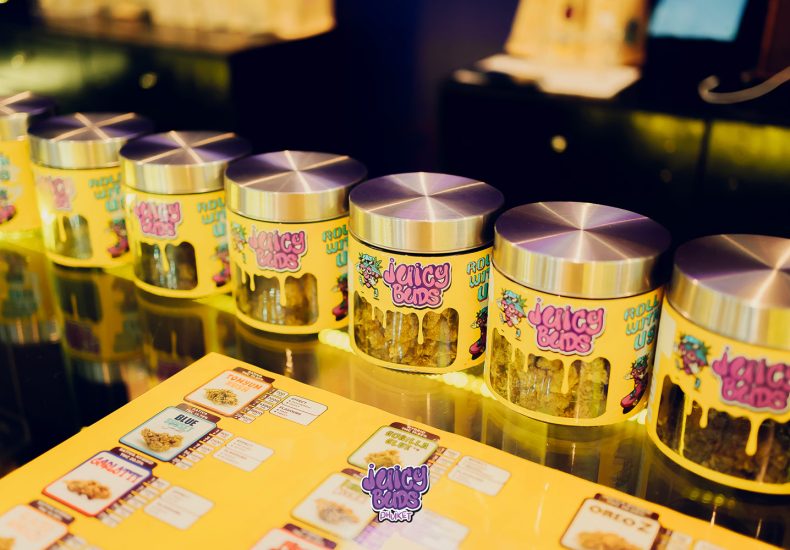 Cannabis
Cannabis
Table of Contents
Sourcing sustainable farming practices for growing Thai weed in 2024 is definitely a buzzword. Everyone is trying to be eco-friendly, because if we don’t, Greta Thunberg is going to wave her finger at us! As the global demand for organic and sustainable agricultural practices continues to rise, Thailand’s agricultural sector has been exploring innovative methods to cultivate its renowned crops, including Thai weed.
Thai weed, or cannabis, has a long history in the country, both as a traditional herbal remedy and for recreational use. In 2024, the cultivation of Thai weed has taken on a new dimension with a focus on sustainability and environmentally-friendly cannabis cultivation farming practices.

The Evolution of Thai Weed Farming
Historically, Thai weed has been grown primarily in outdoor settings with minimal regulation. However, the legalization and increased global demand for cannabis products have prompted Thai farmers to adopt more sustainable farming practices to meet quality standards and minimize their environmental footprint.
Organic Farming
One of the most significant shifts in Thai weed cultivation is the adoption of organic farming practices. Organic farming eliminates the use of synthetic chemicals and pesticides, ensuring that the crop is grown in a more sustainable and environmentally-friendly manner. By using organic fertilizers and natural pest control methods, Thai weed farmers can produce healthier, safer, and more environmentally-friendly cannabis.
Organic farming promotes soil health and reduces chemical runoff into nearby water sources. It also enhances biodiversity by providing a habitat for beneficial insects and microorganisms, contributing to a more resilient and sustainable ecosystem.
Controlled Environment Agriculture (CEA)
Controlled Environment Agriculture (CEA) has gained popularity in Thailand’s cannabis industry. CEA includes techniques such as indoor farming, greenhouses, and vertical farming. These methods provide precise control over environmental factors like temperature, humidity, and light, leading to increased yields and consistent product quality. CEA also reduces the environmental impact by minimizing water usage and pesticide applications.
Indoor cultivation facilities utilize advanced technologies like LED lighting and automated climate control systems, optimizing resource efficiency and reducing energy consumption. Greenhouses, on the other hand, harness natural sunlight while providing a controlled environment, reducing the need for artificial lighting and temperature regulation. Vertical farming maximizes space utilization and minimizes the ecological footprint by growing plants in stacked layers, making it an efficient option for urban farming.
Sustainable Irrigation
Water is a precious resource, and sustainable irrigation practices are crucial for reducing water wastage and conserving this vital element. Thai weed farmers have adopted drip irrigation systems and rainwater harvesting techniques to minimize water consumption and maintain soil health.
Drip irrigation delivers water directly to the base of the plants, reducing evaporation and ensuring that every drop is used efficiently. Rainwater harvesting involves collecting and storing rainwater for irrigation, reducing the reliance on freshwater sources and alleviating the burden on local water supplies.
Regenerative Agriculture
Regenerative agriculture focuses on improving soil health and biodiversity while sequestering carbon in the soil. Thai weed farmers have started incorporating regenerative practices like cover cropping, crop rotation, and reduced tillage into their cultivation methods, promoting sustainable land management and carbon sequestration.
Cover cropping involves planting non-cash crops like legumes and grasses to improve soil structure and nutrient content. Crop rotation helps break pest and disease cycles and enhances soil fertility by diversifying the plant species grown in a field. Reduced tillage reduces soil disturbance, preventing erosion and preserving soil structure, which is essential for healthy root growth and water retention.

Sustainable Energy Sources for Thai Weed Growing
To reduce their carbon footprint, some Thai weed farms have turned to renewable energy sources, such as solar panels and wind turbines, to power their operations. This shift towards sustainable energy not only reduces greenhouse gas emissions but also cuts down on electricity costs, making it a win-win for both the environment and the bottom line.
Solar panels convert sunlight into electricity, providing a clean and renewable energy source for indoor cultivation facilities and other farm operations. Wind turbines harness wind energy to generate electricity, particularly in areas with consistent wind patterns, further reducing reliance on fossil fuels.
Community Engagement and Fair Labor Practices
Sustainability goes beyond farming methods; it also encompasses social responsibility. Thai weed farmers are increasingly committed to fair labor practices, ensuring that workers are paid fairly, have safe working conditions, and are treated with respect. Engaging with local communities and supporting education and infrastructure projects is also a growing priority.
Fair labor practices ensure that the cannabis industry benefits not only the growers but also the labor force, contributing to poverty reduction and economic development in the region.
Community engagement fosters positive relationships between farmers and the local population, promoting mutual understanding and support.
Challenges and Future Prospects
While sustainable farming practices for Thai weed are gaining momentum, several challenges persist. Regulatory hurdles, market fluctuations, and the need for ongoing research into sustainable cultivation methods remain important considerations. However, as the global cannabis industry continues to evolve, it is clear that sustainable practices are not only a moral imperative but also a strategic advantage.
Final Thoughts on Thai Weed Cultivation Practices
In conclusion, the shift towards sustainable farming practices for Thai weed in 2024 is a testament to Thailand’s commitment to environmentally-friendly agriculture and responsible business practices. By embracing organic farming, CEA, sustainable irrigation, regenerative agriculture, renewable energy sources, and ethical labor practices, the Thai weed industry is on the path to a greener and more prosperous future.
As the world becomes increasingly conscious of the environmental impact of agriculture, Thailand’s efforts in sustainable weed cultivation are setting a positive example for the global cannabis community and the agricultural industry at large.
With each passing year, the cultivation of Thai weed in a sustainable and eco-friendly manner becomes not just a choice but a necessity. The future of Thai weed farming lies in its ability to adapt and innovate, ensuring that this ancient crop continues to thrive while safeguarding the environment and the well-being of local communities. As the cannabis industry matures, it is evident that sustainability is the key to unlocking its full potential, benefiting growers, consumers, and the planet alike.


